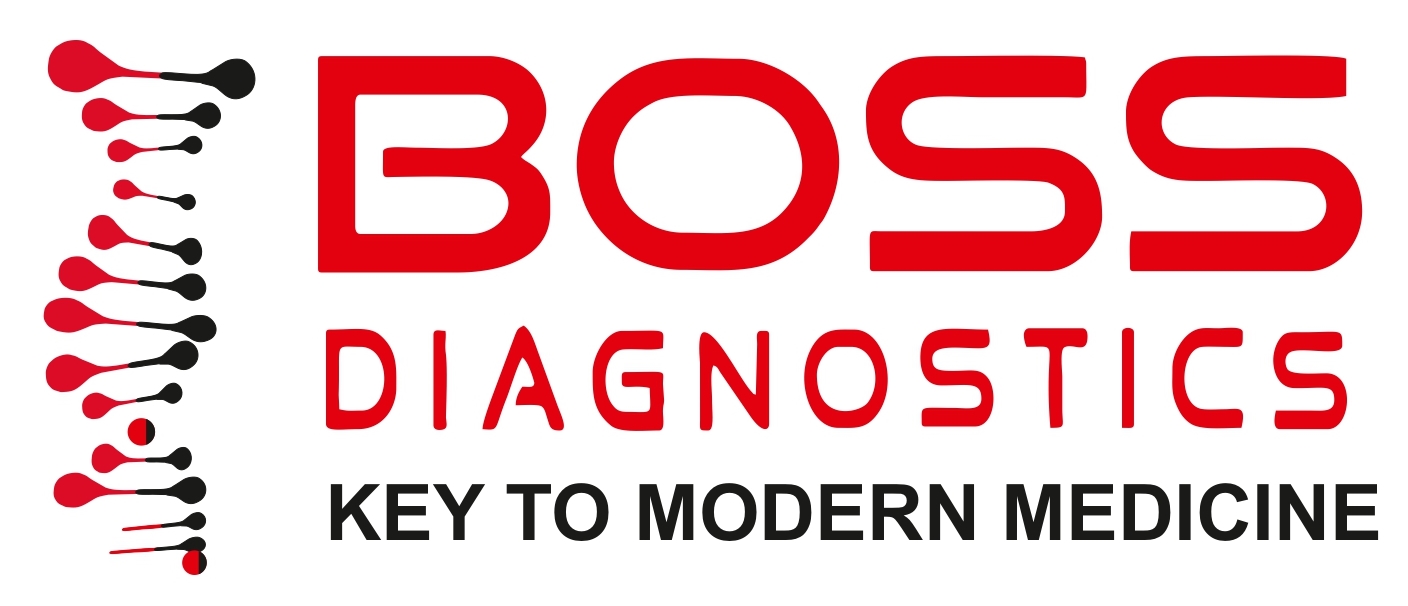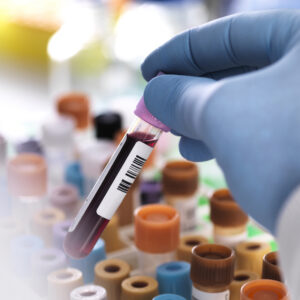Description
A quad screen or quadruple marker is a blood test conducted to identify any birth defects or chromosomal abnormalities in an unborn baby during the second trimester (15–20 weeks) of pregnancy.
The quad marker test measures the levels of these four substances in the mother’s body:
- Unconjugated estriol (uE3)
- Alpha-fetoprotein (AFP)
- Inhibin-A
- Human chorionic gonadotropin
AFP and hCG are hormones produced by the developing foetus, while uE3 and inhibin-A are hormones produced by the placenta.
The quadruple marker test is typically performed between weeks 15 and 20 of pregnancy, and it can help assess the risk of certain conditions in the foetus, including Down’s syndrome, trisomy 18, or Edward’s syndrome, and neural tube defects. In addition, this test can be used to detect the presence of multiple foetuses. It can also be used to monitor the health of both the mother and the foetus.
Although the quadruple marker test is considered to be relatively safe, there is a risk of obtaining false-positive results, so it is important to discuss the potential risks and benefits with your healthcare provider before deciding whether or not to have the test done.







Reviews
There are no reviews yet.